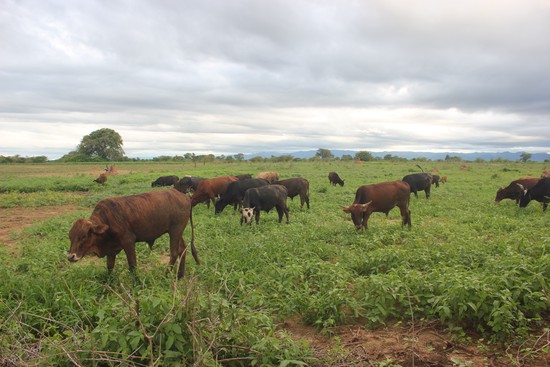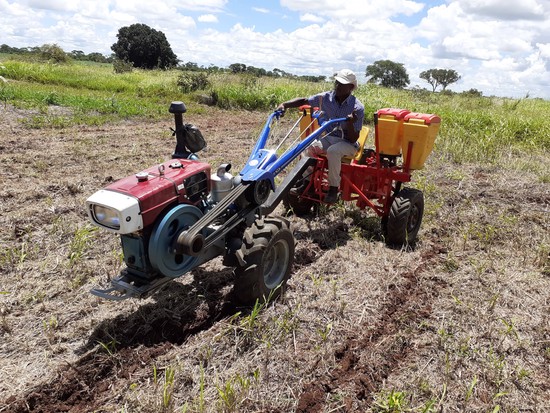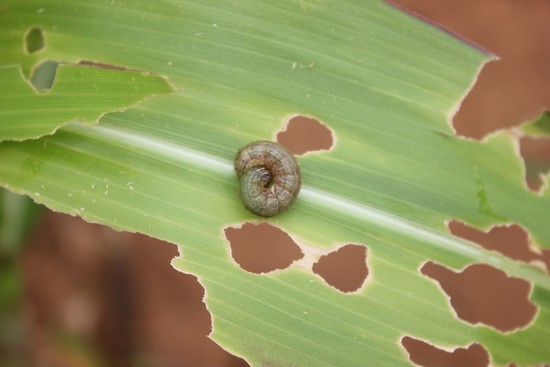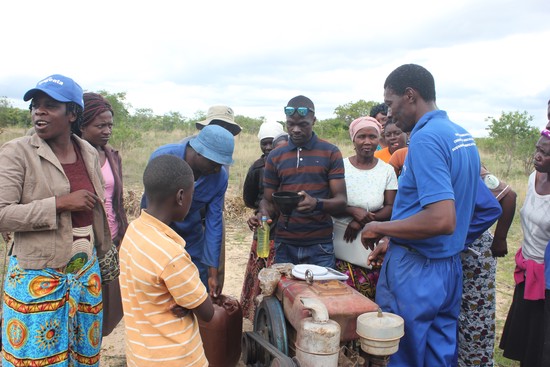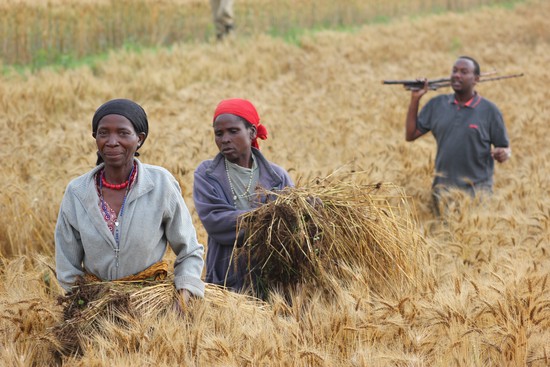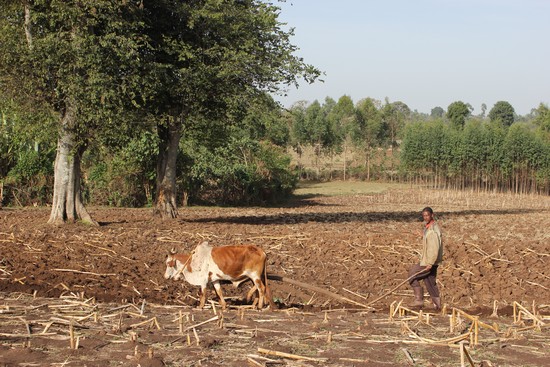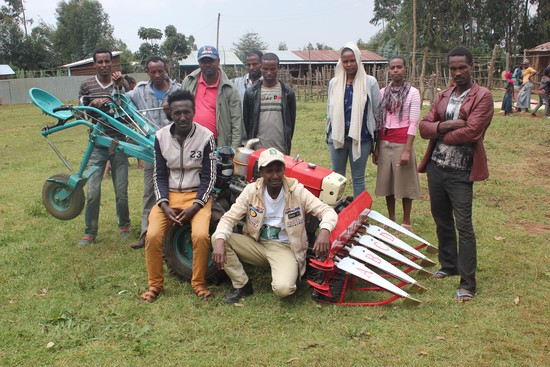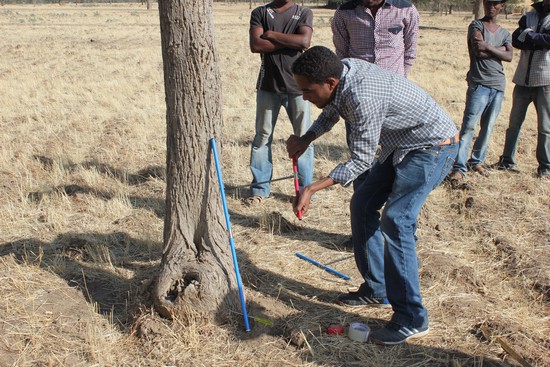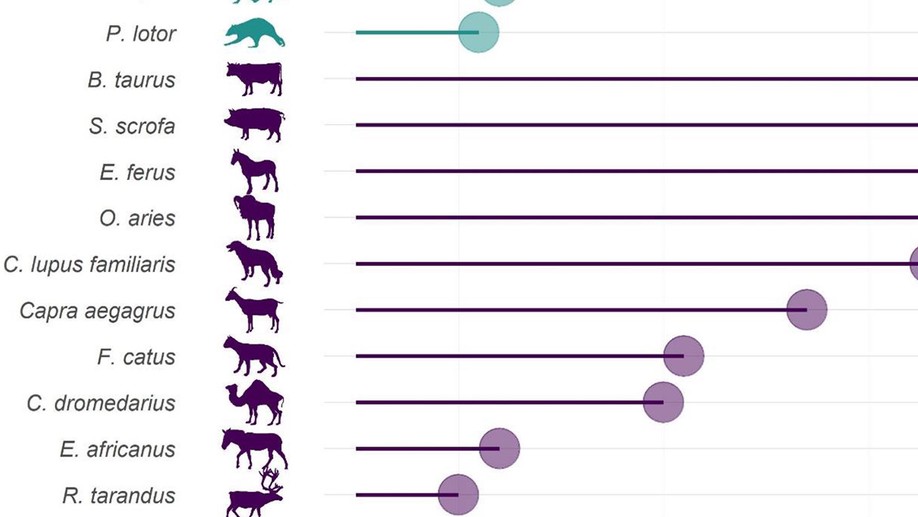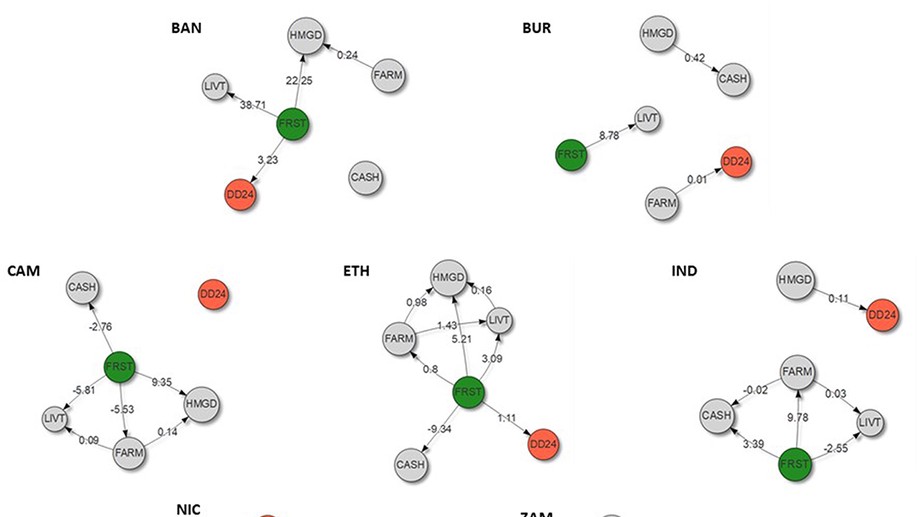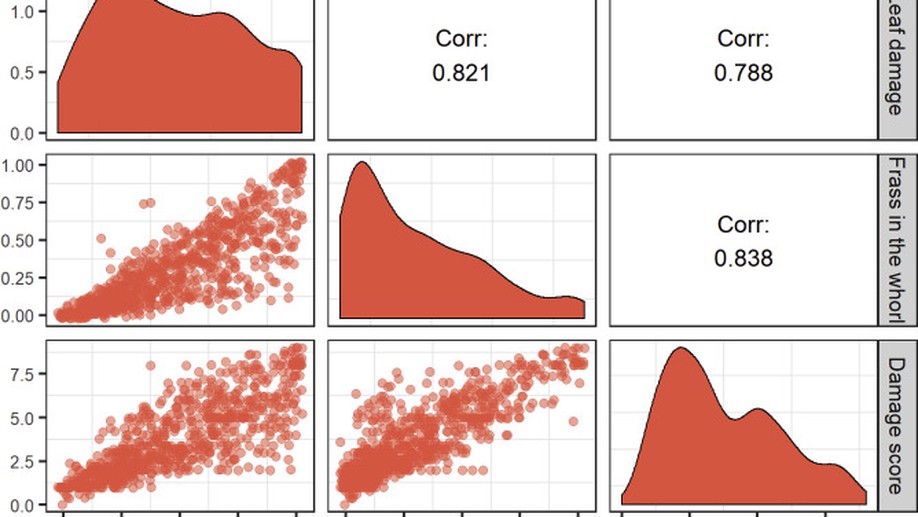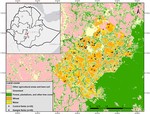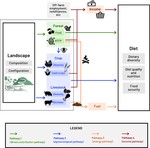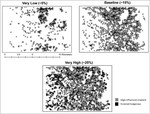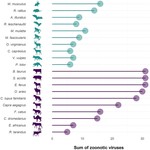Biography
Frederic Baudron is a Principal Scientist working for the International Maize and Wheat Improvement Centre (CIMMYT) based in Harare, Zimbabwe. Trained as a tropical agronomist in France, he specialized as a livestock scientist and started his carreer working for various international organizations (Cirad, WWF, etc) targeting the interface between people (mainly farmers) and wildlife in Zimbabwe (and neighboring countries). He then carried his PhD on plant production systems at the University of Wageningen (The Netherlands).
He is involved in a number of research projects in Ethiopia, Kenya, Rwanda, Tanzania, Zambia and Zimbabwe. He has over 18 years of experience developing solutions with and for smallholders in East and Southern Africa.
Interests
- Farming system research
- Sustainable intensification
- Impact of agriculture on biodiversity
- Appropriate mechanization
- Participatory innovation development
Education
-
PhD in Production Ecology and Resource Conservation, 2011
Wageningen University, The Netherlands
-
Diploma of Specialized Agronomy (Master of Science) in Animal Science, 2001
AgroParisTech, France
-
Diploma of General Agronomy, 2000
SupAgro Montpellier, France
